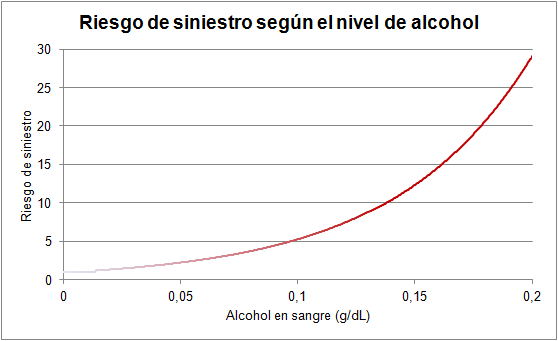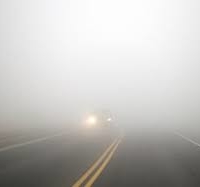
Alcohol and drug tests to save lives
On Friday the 14th we participated in a control of alcohol and other drugs with the aim of saving lives. The local police of the municipality of Cerdanyola del Vallès carried out the breathalyser control and P(A)T volunteers participated in making drivers aware of the dangers of not being fully capable when driving.
On Friday the 14th we participated in a control of alcohol and other drugs with the aim of saving lives. The local police of the municipality of Cerdanyola del Vallès carried out the breathalyser control and P(A)T volunteers participated in making drivers aware of the dangers of not being fully capable when driving. We were able to talk to many different people, making them understand the danger of alcohol, drugs and medication while driving.
The terrifying data from the DGT ensure that at least 15% of drivers drive under the influence of alcohol or drugs. That is to say, that of every 100 cars on the roads, at least 15 are a time bomb.
The breathalyzer test is used to determine the level of alcohol ingested and check if the subject exceeds the legally established limits. Failing to give a breathalyzer test can be an administrative offense or a criminal offense depending on the blood alcohol level found.
It will consist of an administrative infraction when the result of the breathalyzer test is greater than 0.50 grams per liter of blood, or greater than 0.25 milligrams per liter of expired air, without reaching the criminal limit.
It will be a crime if the level of alcohol is higher than 1.2 grams of alcohol per liter of blood, or 0.60 milligrams of alcohol per liter of expired air. In addition, in the case of drivers with less than 2 years of experience and professional drivers, the limits to consider the existence of a crime are reduced to 0.3 grams per liter of blood, or 0.15 milligrams per liter of expired air. .
The penalties also depend on the amount of alcohol ingested.
- Between 0.25 and 0.50 mg/l: administrative fine of €500 and the loss of 4 points from the license (€1,000 in case of repeat offenders).
- Between 0.51 and 0.60 mg/l: a fine of up to €1,000 and the loss of 6 points from the driving license.
- More than 0.60 mg/l: crime with a penalty of between three and six months in prison or a fine of 6 to 12 months and a period of 30 to 90 days of work for the benefit of the community. This is not all, because testing positive above 0.60 can imply the withdrawal of the driving license between one and four years.
In addition, it is mandatory to submit to a breathalyzer test, and refusal to submit to the test is a crime punishable by imprisonment from six months to one year, and driving license withdrawal from 1 to 4 years.
It is necessary to remember that the regulations apply to all vehicles, also to personal mobility vehicles, and as of March 21, due to legislative reforms, zero tolerance is established in the blood alcohol level of minors who drive vehicles. such as electric scooters or mopeds.
But why are they done? What makes driving and alcohol incompatible?
Although it does not affect everyone equally, alcohol distorts the perception of reality, both on the road and speed, and exponentially increases the risk of an accident, also at levels that are not even administrative.

Source: Ruíz, Álvaro et. al. (2010)
For this reason, at P(A)T we are committed to zero tolerance in alcohol and other drugs, since from the first drop we risk our lives, ours and that of all other drivers.












